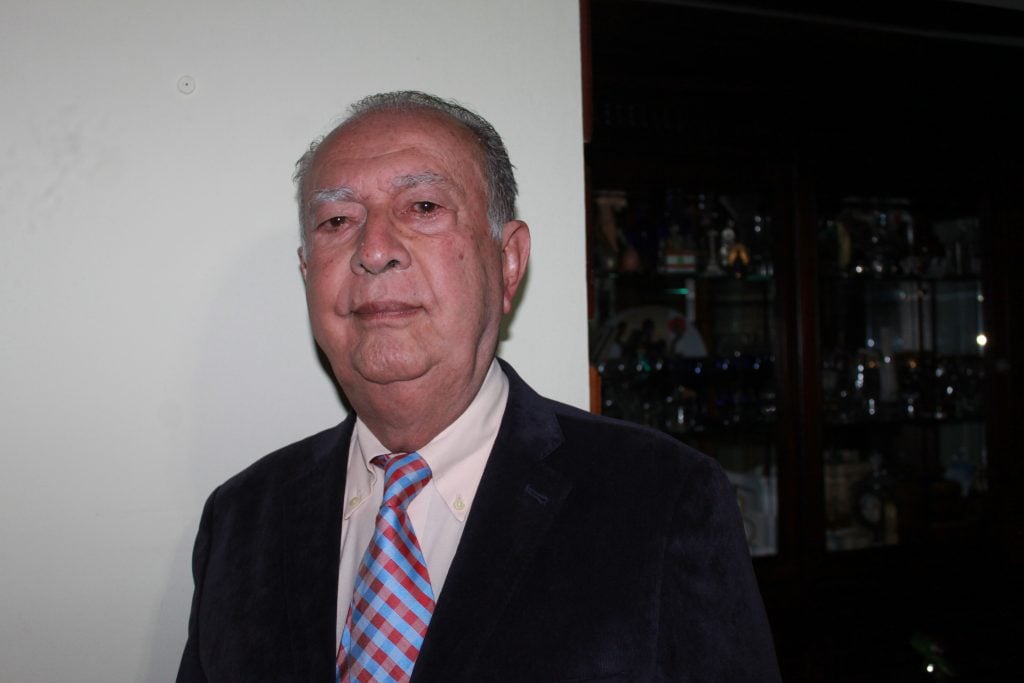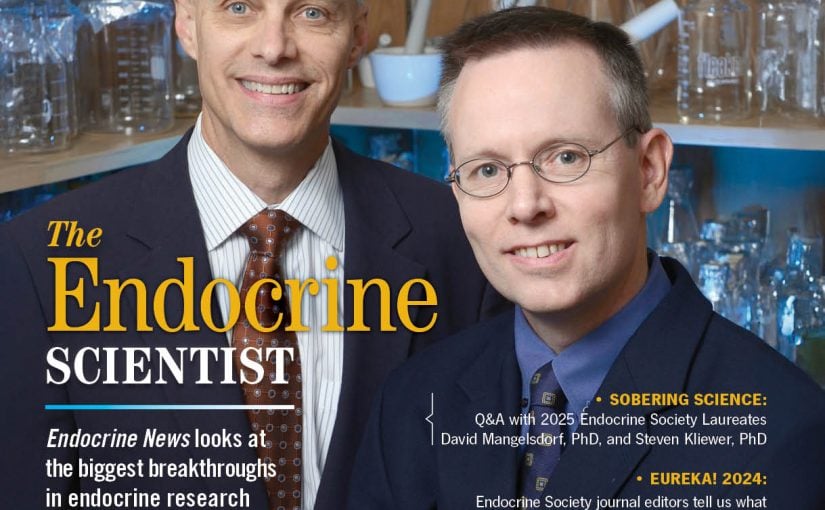
Medicine influenced me very early on. You might even say prenatally; I was born and raised adjacent to a very old hospital in the Dominican Republic. My childhood was spent playing outside where the groans from the patients were never very far away. I should add that my mother took me to see a “pythoness” who revealed that being a physician was in my future. She also told me stories of how people “with sugar” died if they did not receive medication.
After I received my MD from Universidad de Santo Domingo, the dean encouraged me to take over a fairly small physics and chemistry laboratory. Shortly thereafter, I was named a biology professor, which along with my medical practice, prompted my decision to go to Spain. There I specialized in endocrinology after having a relatively modest scientific basis and an even more modest means to discover the intricate and unforeseen events of endocrine disorders.
Science, along with art, exalts the virtues of endocrinology, our complex specialty, which, with each passing day, grows in molecular fields, deciphering function and tissues, investigation and diagnostics, disease and cure … for the good of humanity.
In time, I became co-founder of Instituto de Diabetes. With barely a dozen endocrinologists we founded Sociedad Dominicana de Endocrinología in 1974, electing me as its first president. The creation of a new medical faculty in a private university allowed me to set up the Endocrine Professorship, which I developed for three decades. I also had the opportunity to lead congresses at the university and at Asociación Latinoamericana de Diabetes.
In 1992, I joined the Endocrine Society and I started to realize in 1999, while I was serving a second term as president of Sociedad Dominicana de Endocrinología, that there was a conclave of local prominent professors as well as professors from the U.S., Europe, and beyond. Every year I enjoy presenting works on the subject, the fruits of our clinical experiences, and ultimately related to pituitary and the adrenal glands. Recent presentations include a poster on pituitary macroincidentaloma I presented in Boston in 2016 and one on prolactinoma diagnosis and management presented in Chicago in 2014. This research enabled me to join the Real Academia de Medicina y Cirugía de Andalucía Oriental, Granada (Spain) as a Foreign Correspondent Member.
“Rebirth,” I tell myself. I would come back for the hormones: teaching, practicing, and investigating their clinical components. Science, along with art, exalts the virtues of endocrinology, our complex specialty, which, with each passing day, grows in molecular fields, deciphering function and tissues, investigation and diagnostics, disease and cure … for the good of humanity.
As I draw ever closer to 80 years on our planet, I can’t help but wonder whether reincarnation really exists. If it does, I can assure you that I would retrace my steps and do it all over again.
Medicine is the family business in the Selman family. Selman-Geara’s oldest son, Antonio Selman-Almonte, MD, a pediatric endocrinologist who also practices in the Dominican Republic, trained with Zvi Laron, MD, in Israel, and is also a member of the Endocrine Society. Another son, Antoine Selman-Fermin, is in the Research Emergency Department at the Albert Einstein Medical Center in Philadelphia, Pa.

